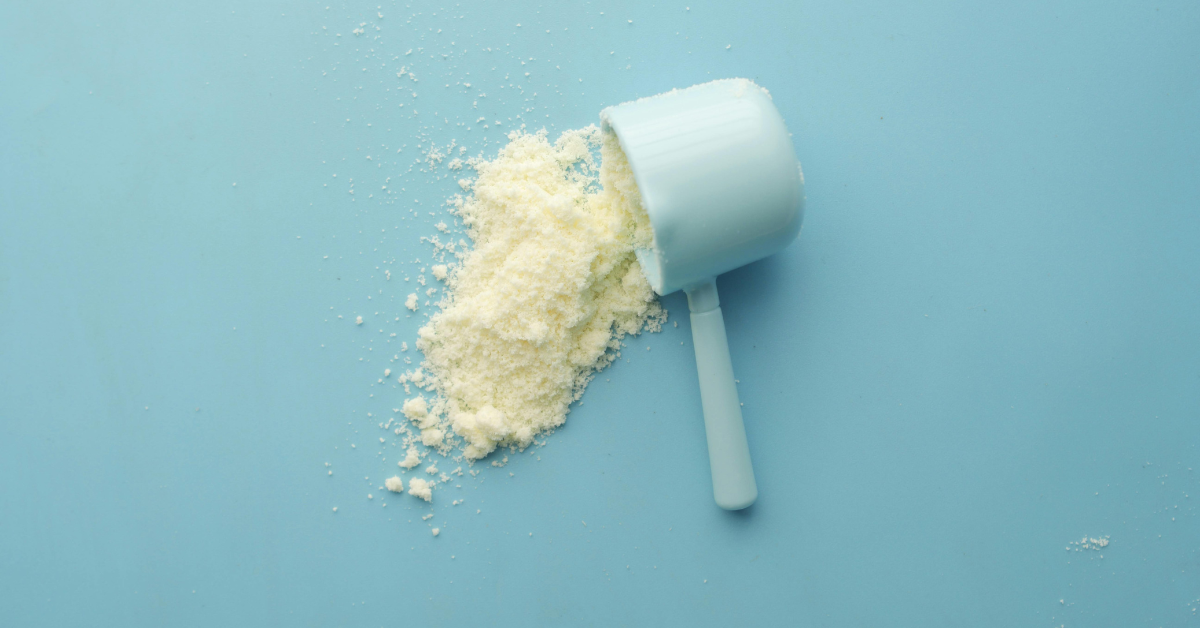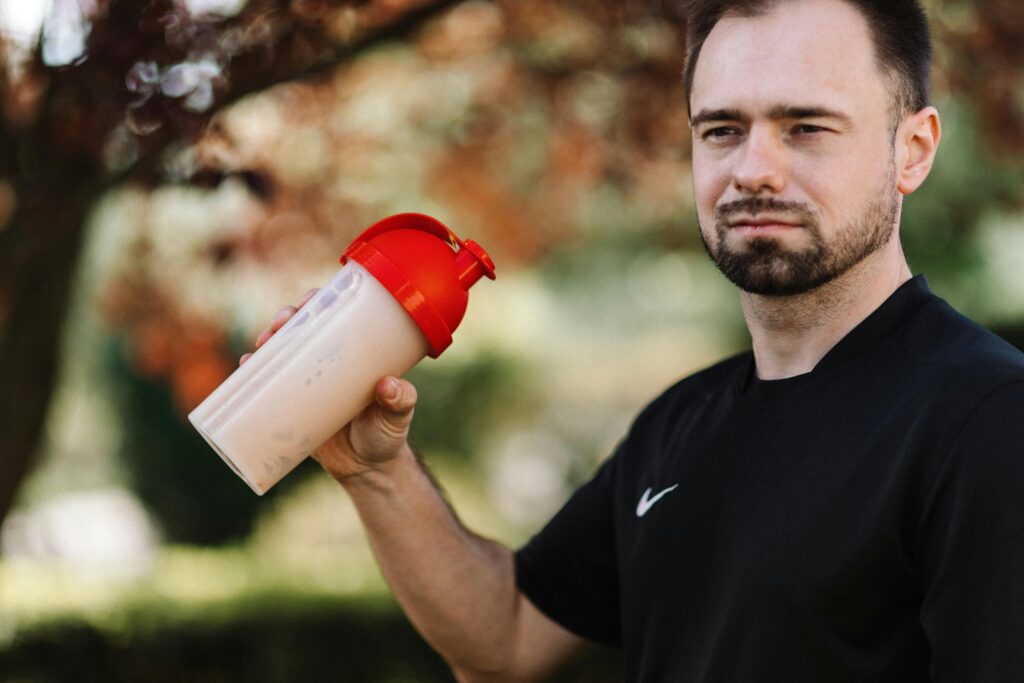
Few supplements have sparked as much debate in gyms and science labs as creatine. In a recent video, Dr. Mike Israetel tackled a new study that questions whether creatine’s famed muscle-building benefits are genuine or just the result of water retention.
Is Your Creatine Supplement a Waste of Money? New Study Sparks Debate
A recent video from Dr. Mike Israetel examined a new study questioning whether creatine supplementation leads to real muscle growth or simply water retention. The study, described as “well-designed,” involved 63 healthy adults who were divided into groups receiving either creatine monohydrate (5 grams per day) or a placebo, combined with a 12-week resistance training program.
After one week of creatine loading, participants gained about one pound more lean mass than the placebo group, but this was attributed to water retention, not muscle gain. As Dr. Mike explained, “That initial increase in lean mass you see from creatine is almost certainly just water weight.” Over the course of the 12 weeks, both groups, those taking creatine and those on placebo, gained about four pounds of lean mass, with no significant difference between them.
The study concluded that creatine did not enhance muscle gain beyond the initial water retention effect. “There was no evidence that creatine supplementation led to greater muscle gain beyond the initial water weight,” the host, Dr. Mike, summarised, echoing the study’s findings.
However, the video placed these results in context, noting that the broader scientific literature overwhelmingly supports creatine’s effectiveness for muscle growth when combined with resistance training. “One study alone does not overturn the broader scientific consensus,” the host emphasized. He cited multiple previous studies showing that creatine, when paired with resistance training, typically results in two to four pounds more muscle gain over 8 to 12 weeks compared to placebo. These gains have been confirmed by muscle biopsies, MRI scans, and strength improvements.

Dr. Mike also addressed the mechanism behind creatine’s effects, stating, “Creatine increases satellite cell activity, myonuclei number, and reduces myostatin, all of which are linked to muscle growth.” He acknowledged that individual results may vary and that some studies will find no effect due to variability, but maintained that “the weight of evidence supports creatine’s muscle-building effects.”

Summing up, the video concluded that while the new study is an important data point, it is an outlier compared to the majority of research. “Yes, creatine still works. Yes, you should still be taking it… Creatine is the number one non-drug muscle-building supplement, period, especially if you’re consuming enough protein in your diet,” the Dr. Mike said. The overall message was that creatine remains a safe and effective supplement for most people seeking muscle growth.
What does creatine do? According to Science
In 1999, a study summarised that creatine supplementation (25g/day loading, 5g/day maintenance) combined with 12 weeks of resistance training significantly increased muscle fiber size, strength, and fat-free mass compared to placebo in trained men. The improvements were linked to enhanced training capacity and muscle creatine retention.
A 2020 study found that after six weeks of intra-workout creatine supplementation (0.1g/kg/day) during resistance training boosted leg press strength and endurance in young adults were boosted, while a placebo showed minimal changes. Creatine also increased total body strength, suggesting that timing supplementation around workouts enhances adaptations.
A 2006 study found that with a 16-week trial, creatine with resistance training amplified satellite cell and myonuclei proliferation in muscle fibers, driving greater hypertrophy versus protein or placebo. This mechanism allowed sustained fiber growth, correlating with long-term strength gains.
Despite the buzz, Dr. Mike was quick to remind viewers that “one study alone does not overturn the broader scientific consensus.” He pointed to a wealth of research showing that creatine, especially when paired with resistance training, consistently delivers real muscle and strength gains. Multiple studies have confirmed that creatine boosts muscle fiber size, strength, and even the cellular machinery behind muscle growth.



